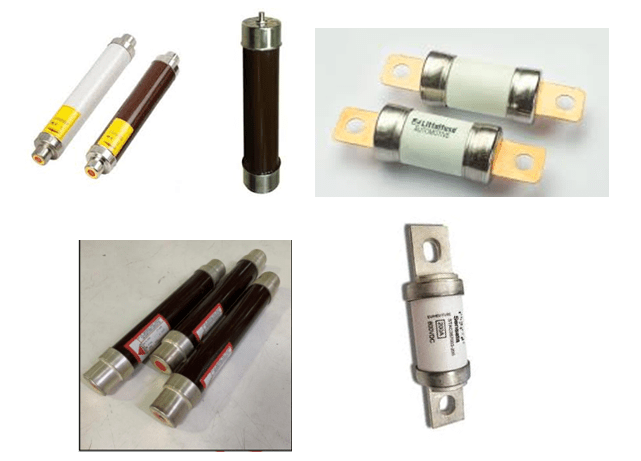ITC INDIA is the best maintained and Managed Electrical & Electronic laboratory.
ITC is accredited by NABL, TEC & BIS.
IEC 60282 Covers:
This part of IEC 60282 applies to all types of high-voltage current-limiting fuses designed for use outdoors or indoors on alternating current systems of 50 Hz and 60 Hz and of rated voltages exceeding 1 000 V.
Type of Fuse:
- DC Fuses
- AC Fuses
- Cartridge Fuses
- D – Type Cartridge Fuse
- HRC (High Rupturing Capacity) Fuse or Link Type Cartridge Fuse
- High Voltage Fuses
- Automotive, Blade Type & Bolted Type Fuses
- SMD Fuses (Surface Mount Fuse), Chip , Radial, and Lead Fuses
- Rewirable Fuses
- Thermal Fuses
Why Chose ITC?
- ITC India Pvt Ltd is an NABL accredited laboratory to test High-voltage fuse as per IEC 60282-1:2020.
- All the testing is done with the highly accurate and calibrated machines.
- Qualified engineers are appointed to do the testing of High-voltage fuse.
- We are customer driven and responsive and always update the client of failed tests with photographs and videos for support.
- We continuously improve our quality of testing without any compromise on integrity.
Why We Require IEC Tested Fuse?
- Verification of the breaking capacity will be check.
- To protect loads from damage caused by excessive system temperature.
- Fuses are an essential part of any electrical installation with a fuse we can determine the safety of device and person.
General Safety Testing for High Voltage Fuse as per IEC 60282
- Normal and special service conditions
- Ratings and characteristics
- Ratings and characteristics those are applicable to all fuses
- Ratings and characteristics of particular fuse-link types and applications.
- Design, construction and performance
- General requirements with respect to fuse operation
- Identifying markings.
- Dimensions.
- Type tests performed on all fuses.
- Conditions for making the tests.
- List of type tests.
- Common test practices for all type tests.
- Dielectric tests.
- Temperature-rise tests and power-dissipation measurement.
- Breaking tests.
- Tests for time-current characteristics.
- Electromagnetic compatibility (EMC)
- Type tests for particular fuse-link types and applications
- List of type tests.
- Tests required for a particular type of fuse or application.
- Tests performed at the request of a user.
- Routine tests.
What are the benefits of Testing?
- Increase the life of the FUSE
- Save money & save energy as well
- Provide faith in the product
- Improve the safety of the product
Satisfied Customers Worldwide
- Protection and Control Group
- Elcom International Pvt Ltd
- ICMS
- ABB offers Low Voltage Products
- Electro-focus

